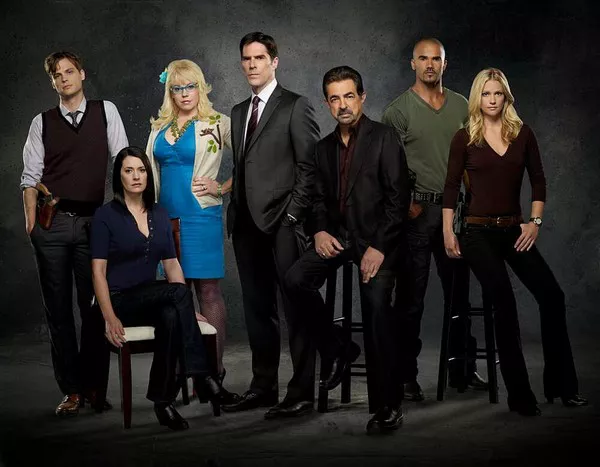David Fincher, the renowned filmmaker, shared insights into his upcoming movie, “The Killer,” which stars Michael Fassbender and boasts a soundtrack heavily featuring songs by The Smiths.
Scheduled for a limited theatrical release in October, followed by availability on Netflix the next month, “The Killer” revolves around Michael Fassbender’s character, a contract killer. Netflix describes the film as follows: “After a fateful near miss, an assassin battles his employers, and himself, on an international manhunt he insists isn’t personal.”
During a press conference at the Venice Film Festival on Sunday, September 3rd, Fincher discussed the film’s soundtrack. He unveiled that alongside Trent Reznor and Atticus Ross’ score, the audience can expect to hear numerous tracks by The Smiths, including classics like ‘How Soon Is Now’ and ‘I Know It’s Over’ in the movie.
Explaining his choice, Fincher said, “Trent and Atticus are our first call, and if they choose to return the call, I deem myself lucky. The Smiths were a post-production addition because I knew I wanted to use ‘How Soon is Now?’ and I love the idea of that song specifically as a tool for assuaging his anxiety. I liked it as a meditation tape, I thought it was amusing and funny.”
He elaborated on his decision, stating, “I don’t think that there’s a library of music by recording artists that have as much sardonic nature and wit simultaneously [as The Smiths], and we don’t get an awful lot of access to who this guy is. I thought through his mixtape it would be amusing, that that would be our window into him.”
Fincher also unveiled the film’s central theme, saying, “The schism between his mantra, the words that he lives by, and his behavior that is forced to adjust, was ultimately where the movie exists, where the character exists.”
He further detailed the cinematic techniques employed, stating, “As his voiceover is assured, and as his voiceover is telling us exactly what it is he thinks he’s going to do, the moment that disappears, the style of the cinematography changes, the style of the music changes. We tried to use the frantic nature, maybe handheld, the way that we staged the action, to really show unravelling.”


























